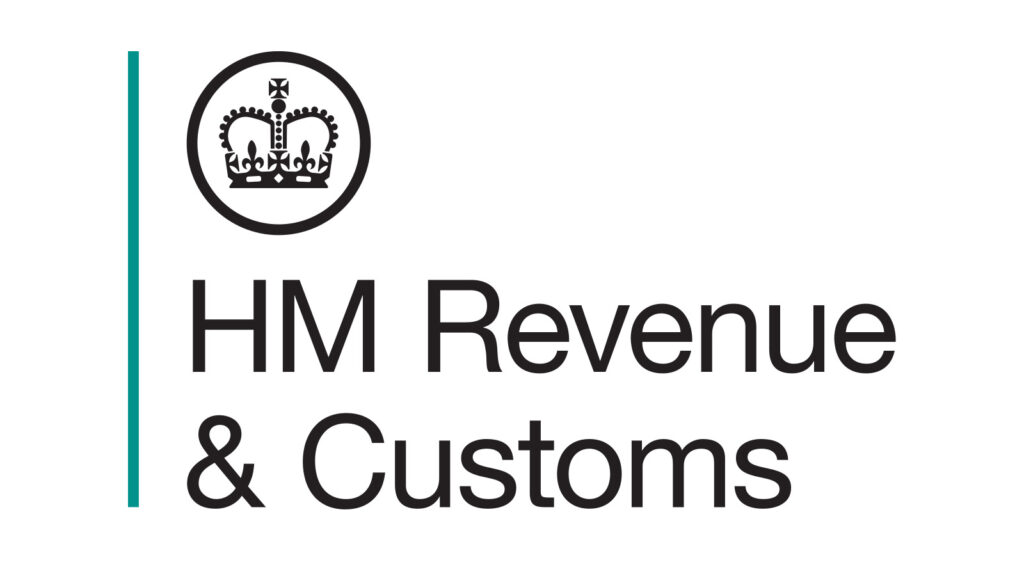-
By miguel-ingles
- In Uncategorized
VAT functioning in this country is somewhat complex and differs from other added-value tariffs we can find in neighbouring countries. In this article I will explain when VAT is applied in the UK.

What is VAT?
Value Added Tax (VAT) is a tax that levies consume. It is like other ones we can find in other countries, such as Spain’s IVA. The administration taxes consumers when acquiring goods or services and companies that offer these assets collect it. They must declare every quarter VAT they gather to authorities.
There are different VAT rates in the UK, depending on the products businesses sell. They charge an extra 20% over most goods and services’ price, a 5% to health and energetic products and a 0% to most of the food and books.
To declare VAT they collect, corporations (whether they are public or private limited companies, partnerships or sole traders) must register into His Majesty’s Custom and Revenues (from now on, HMRC) and present a form every quarter with the money that they collect. They will be exempt from doing so if, in a 12-month period, the business have not had income superior to 90 000 GBP. I must mention that every foreign company must register into VAT, regardless of their income.
You will find more information about VAT in this website and about other taxes companies must pay in the UK in this article.
When VAT Reductions are Applied in the UK
Authorities have designed VAT in a way in which the final consumer of production and sell chain pays it. Imagine that a shop buys a videogame to the game producer for 40 GBP, so it owes HMRC 8 GBP. Then, it sells this object to the final customer for 70 GBP, so they owe 14 GBP as VAT, and the shop will pay this fee for them.
Therefore, the business should declare 22 GBP as VAT to the HMRC. Well, if this company registers into HMRC, it can get a reduction of 8 GBP for the purchase of the product as business expenses.
However, to be eligible for these fiscal reductions, we will have to present certain documentation that proves these expenses, such as bills or annual accounts.
VAT for Importing and Exporting Products in the UK
On one hand, when importing products to the UK, whether they come from EU or non-EU countries, authorities will apply the standard British VAT rate of 20%. The importer must pay it during custom procedures.
On the other, if we want to export UK products to EU or non-EU nations, a 0% fee is applied. The administration does this with the aim of reducing bureaucracy and encouraging international trading.
Other ways VAT is Applied in the UK
VAT Margin Scheme
Businesses can apply a 16.67% of the total cost when selling second-hand goods, works of art or collector’s items. It does not tax buy price or sell price, but the difference between both. For example, if we buy a product for 100 GBP and sell it for 150 GBP, we must declare to the HMRC 16.67% of 50 GBP, that is, approximately, 8 GBP.
VAT Flat Rate Scheme
This scheme offers paying a VAT flat rate of 16.5%. It allows to reduce paperwork in addition to offering a simpler and more predictable VAT payment structure. A company may join the scheme if their annual income is lower than 150 000 GBP, excluding VAT.
Fiscal Representative
Authorities may require foreign companies to hire a fiscal representative. This person will be the link between the corporation and fiscal authorities. They monitor that VAT declarations are precise while taking over the responsibility of several administrative and tax tasks.
Penalties
It is a legal requirement to register into VAT if the company counts with the previously mentioned conditions. If they do not comply, authorities may impose penalties or even prison sentences. Depending on how severe the delay is, the company will have to pay a penalty between a 5 and a 15% of the taxes they had to pay. However, HMRC may impose penalties up to a 100% of non-declared taxes.